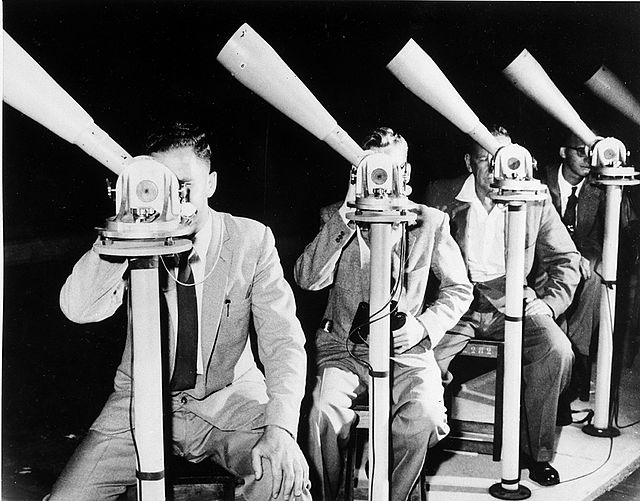In an interview conducted by Michael Proctor at King’s Review, astronomer Martin Rees is asked the two questions he probably receives most: 1) How did life begin here and 2) Is there life out there? (Thanks Browser.)
_____________________________
“Martin Proctor:
Obviously, you think that the Big Bang is the correct explanation for the origins of the universe, as opposed to, say, the steady state theory. Do you feel there is a place for any sort of external force or creator?
Martin Rees:
We don’t know about the very beginning. The Big Bang may be embedded in some grander structure where there are many, many Big Bangs. I think all bets are off with regards to how it started and whether there even was a beginning. I think the aim of studying the cosmos is to push back the causal chain. Newton explained why the planets move in ellipses, but he wrote in a couple of places that he found it mysterious that the planets were moving on more or less the same plane, what we call the ecliptic, whereas the comets come from more random directions. He thought that must be providence. We understand now why planetary orbits are more or less coplanar – it’s a consequence of their origin in a dusty protostellar disc. And we’ve pushed back the causal chain to understand the formation of atoms, stars and galaxies, but there’s always a further step as well.
Martin Proctor:
Is there ‘life out there’?
Martin Rees:
That’s one of the most fascinating questions of all. But it’s a biological question. And biology is a more difficult subject than astronomy in that it deals with more complicated phenomena. We don’t even understand how life began on Earth. We understand how Darwinian evolution led from simple life to our complex biosphere. But people don’t understand the transition from complex chemistry to the first metabolising and reproducing systems. It’s gratifying that some really serious biochemists are now addressing this question When we understand that, it will tell us two things: whether it’s likely or unlikely that extraterrestrial life is widespread; and whether there is something particularly special about the chemistry on which terrestrial life is based. In other words, would we expect any other life to have the same DNA? So we don’t know that. Even the most firmly Earth-bound biologists would be fascinated by this issue. Another exciting prospect is that observations will tell us whether some of these planets have a biosphere. That will be do-able within ten or twenty years by the next generation of giant telescopes, powerful enough to provide sharp images, and collect enough light to identify the spectrum of a planet even if it’s millions of times fainter than its parent star.”
Tags: Martin Rees, Michael Proctor

